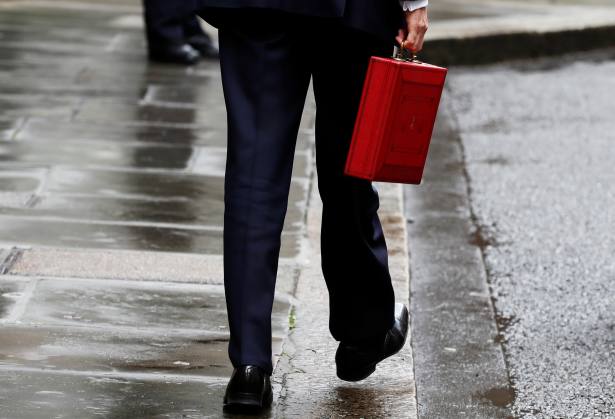
There was some new detail in the Budget for investors, but fortunately no real shocks.
For example, enterprise investment schemes (EIS) and venture capital trusts (VCTs) did feature heavily in the Budget, as expected.
This was in part because the outcome of the government’s Patient Capital Review, launched in November 2016, was due the same day.
Richard Carter, head of fixed interest research at Quilter Cheviot, goes as far as to say “there was precious little in the Budget for investors and markets have mostly responded with a collective shrug”.
But James Gladstone, head of wealth planning at Cazenove Capital, insists the details within the full Budget documents reveal some significant changes for investors.
Devil in the detail
There were expectations Philip Hammond would announce some changes to the EIS landscape and, in this sense, he did deliver as he announced a series of changes that push back against the use of EIS and VCTs for capital preservation.
One of the chancellor's headline announcements was a doubling of the EIS annual investment allowance that qualifies for tax relief from £1m to £2m annually.
There is a caveat though, with any amount invested over the £1m limit having to be invested in what Mr Hammond referred to as “knowledge intensive” companies.
HMRC defines these companies as those whose costs of research and development or innovation are at least 15 per cent of the company’s operating costs in at least one of the previous three years, or at least 10 per cent of the company’s operating costs in each of the previous three years.
Other stipulations include they must also have employees with a relevant Masters or higher degree who are engaged in research and development or innovation, and who comprise at least 20 per cent of the company’s total workforce.
Jason Hollands, managing director at Tilney Group, acknowledges that pre-Budget concerns about cuts to EIS and VCT tax income reliefs proved unfounded.
He points out these fears had led to a lot of early fundraising this tax year in the build up to the Budget, with around £420m already raised by VCTs alone.
One of the main announcements Mr Hammond made about VCTs was the introduction of a principles-based test, which "will ensure the schemes are focused towards investment in companies seeking investment for their long-term growth and development".
“There will be a crackdown on these tax-aided schemes being used for lower risk capital preservation deals and a doubling of the amount that can be invested into Enterprise Investment Schemes, but only where these meet the strict criteria of being categorised as knowledge intensive companies,” Mr Hollands says.







